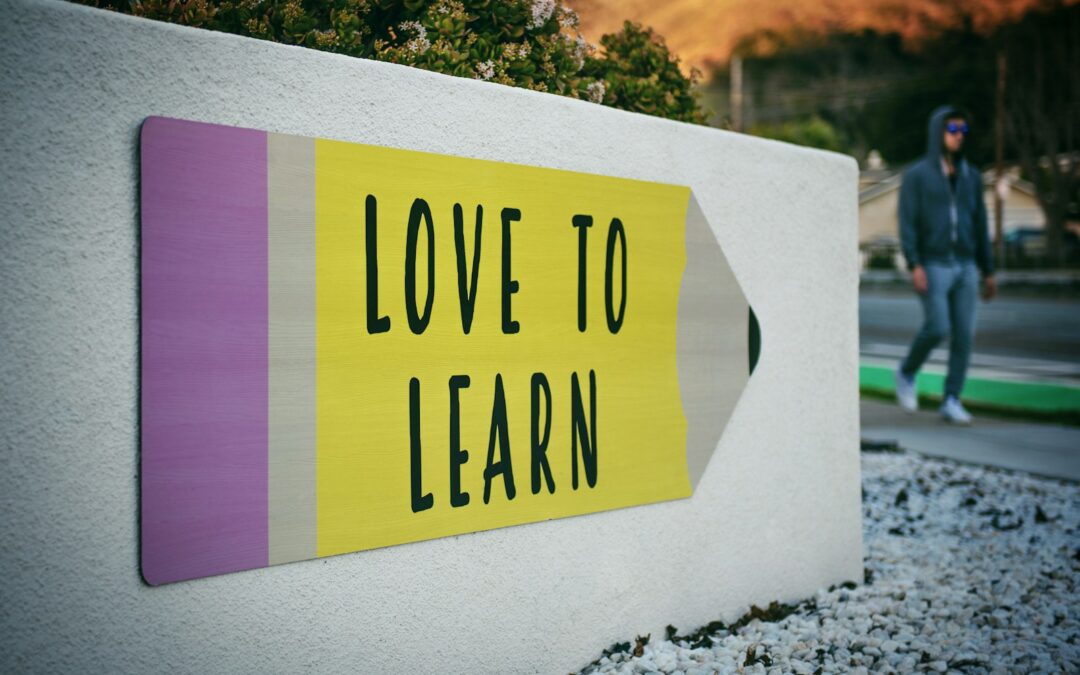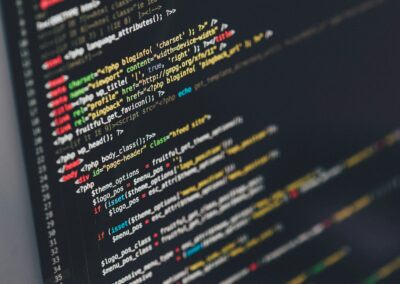Ensuring High-Quality Education for All Students
Introduction to the Future of Virtual Learning and Digital Equity
Future of virtual learning and digital equity is a crucial consideration for educational institutions aiming to provide high-quality education to all students, regardless of their socioeconomic background. As technology continues to evolve, virtual learning platforms are becoming more sophisticated, offering interactive and immersive educational experiences. However, achieving digital equity remains a significant challenge, especially in regions like Saudi Arabia and the UAE, where there is a strong emphasis on educational innovation and inclusivity.
Digital equity involves ensuring that all students have access to the necessary digital tools, high-speed internet, and the skills required to use these resources effectively. This is essential for creating an inclusive learning environment where every student has the opportunity to succeed. In Saudi Arabia, the Vision 2030 initiative underscores the importance of modernizing education to prepare students for the future. Similarly, the UAE’s focus on becoming a global leader in education highlights the need to address digital equity in virtual learning.
Educational institutions in these regions are adopting various strategies to bridge the digital divide and ensure that all students can benefit from virtual learning. These strategies include providing digital devices, improving internet access, offering technical support, and developing digital literacy programs. By addressing the issue of digital equity, educators can create a more inclusive and effective virtual learning environment that enhances educational outcomes for all students.
Providing Digital Devices and Improving Internet Access
One of the primary steps towards achieving digital equity is ensuring that all students have access to digital devices and high-speed internet. Many students from disadvantaged backgrounds may not have personal devices or reliable internet connections, which can hinder their ability to participate in virtual learning. To address this issue, educational institutions in Saudi Arabia and the UAE are implementing programs to provide students with laptops, tablets, and affordable internet access.
In Saudi Arabia, the Ministry of Education has launched initiatives to distribute digital devices to students across the country. By partnering with technology companies and internet service providers, the government aims to ensure that every student has the necessary tools to engage in online learning. This approach not only supports digital equity but also aligns with the Vision 2030 goal of fostering a technologically advanced education system.
Similarly, the UAE is making significant strides in improving digital access for students. The government has collaborated with various stakeholders to provide digital devices and enhance internet infrastructure, particularly in remote and underserved areas. By investing in technology and connectivity, the UAE is working towards creating an inclusive virtual learning environment where all students can thrive.
In addition to providing devices and internet access, it is essential to offer ongoing technical support to students and teachers. Many students may face challenges in using new technologies, and providing dedicated technical support can help them overcome these obstacles. Educational institutions can establish helpdesks, offer training sessions, and create online resources to assist students and teachers in navigating virtual learning platforms effectively.
Developing Digital Literacy and Inclusivity Programs
Achieving digital equity goes beyond providing access to devices and the internet; it also involves developing digital literacy skills. Digital literacy encompasses the ability to use digital tools effectively, understand online safety, and navigate the digital world confidently. Educational institutions in Saudi Arabia and the UAE are implementing digital literacy programs to equip students with the skills they need to succeed in a virtual learning environment.
In Saudi Arabia, schools are incorporating digital literacy into their curricula to ensure that students are proficient in using technology. These programs cover various aspects of digital literacy, including basic computer skills, internet safety, and critical thinking. By integrating digital literacy into the education system, Saudi Arabia is preparing students to be competent and responsible digital citizens.
The UAE is also focusing on digital literacy as a key component of its educational strategy. Schools and universities are offering workshops, training sessions, and online courses to help students and teachers develop their digital skills. By promoting digital literacy, the UAE is ensuring that all students can fully participate in virtual learning and take advantage of the opportunities it offers.
Inclusivity programs are another important aspect of achieving digital equity. These programs aim to support students from diverse backgrounds and ensure that they have equal opportunities to succeed. In Saudi Arabia and the UAE, educational institutions are implementing initiatives to support students with disabilities, language barriers, and other challenges. By providing tailored resources and support, schools and universities can create an inclusive learning environment that caters to the needs of all students.
The Role of Artificial Intelligence and Modern Technology
Artificial intelligence (AI) and modern technology play a crucial role in enhancing virtual learning and addressing digital equity. AI can be used to personalize learning experiences, provide real-time feedback, and support students with diverse learning needs. By leveraging AI, educational institutions can create adaptive learning environments that cater to the individual needs of each student.
In Saudi Arabia, the integration of AI into virtual learning platforms is helping to improve educational outcomes. AI-driven tools can analyze student performance, identify areas for improvement, and provide personalized recommendations. This data-driven approach ensures that students receive the support they need to succeed, regardless of their background.
The UAE is also at the forefront of using AI to enhance virtual learning. AI-powered platforms can offer personalized learning pathways, interactive simulations, and virtual tutors, making learning more engaging and effective. By incorporating AI into their virtual classrooms, educational institutions in the UAE are providing students with innovative and customized learning experiences.
Modern technology, such as blockchain and the metaverse, can also contribute to achieving digital equity. Blockchain technology can be used to create secure and transparent educational records, ensuring that all students have access to their academic achievements. The metaverse offers immersive learning environments that can make education more accessible and engaging. By exploring these technologies, Saudi Arabia and the UAE can continue to innovate and enhance their virtual learning systems.
Leadership and Management Skills for Promoting Digital Equity
The successful implementation of digital equity initiatives requires strong leadership and management skills. Leaders in educational institutions must possess a deep understanding of the technological and pedagogical aspects of virtual learning. Effective leadership is crucial for driving innovation, fostering collaboration, and ensuring the successful adoption of digital equity strategies.
Executive coaching services can play a vital role in developing the leadership skills needed to manage digital equity projects. Through personalized coaching, leaders can enhance their strategic thinking, decision-making, and change management abilities. This enables them to lead their organizations with confidence and resilience, ensuring that digital equity initiatives achieve their objectives and drive educational success.
In addition to leadership skills, effective project management is essential for the successful implementation of digital equity initiatives. Project managers must oversee the planning, execution, and monitoring of digital equity projects to ensure they are completed on time, within budget, and to the desired quality standards. By investing in leadership and project management training, educational institutions in Saudi Arabia and the UAE can enhance their ability to manage complex projects and navigate periods of change successfully.
Conclusion: The Future of Virtual Learning and Digital Equity
In conclusion, the future of virtual learning and digital equity is promising, with significant advancements being made to ensure that all students have access to high-quality education. By providing digital devices, improving internet access, developing digital literacy programs, and leveraging AI and modern technology, educational institutions in Saudi Arabia and the UAE are creating inclusive and effective virtual learning environments. Effective leadership and project management are essential for the successful implementation of these initiatives, ensuring that digital equity is achieved and educational outcomes are enhanced. As these regions continue to embrace digital transformation, the focus on digital equity will play a pivotal role in driving innovation and improving educational experiences for all students.
—
#VirtualLearning #DigitalEquity #HighQualityEducation #ArtificialIntelligence #SaudiArabia #UAE #Riyadh #Dubai #ModernTechnology #BusinessSuccess #LeadershipSkills #ProjectManagement























